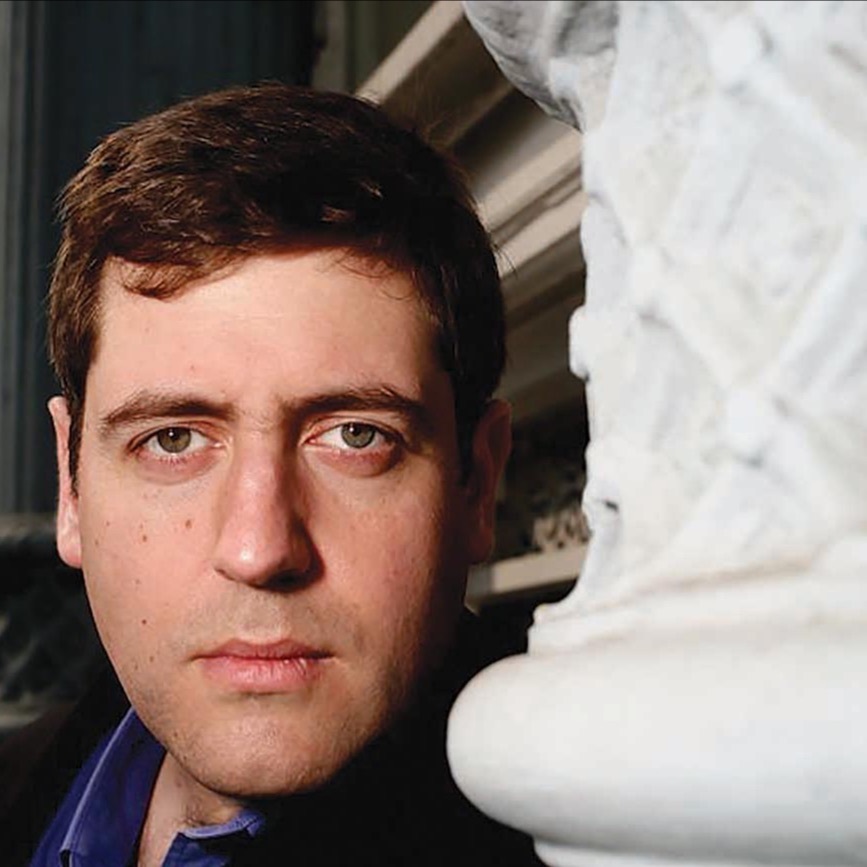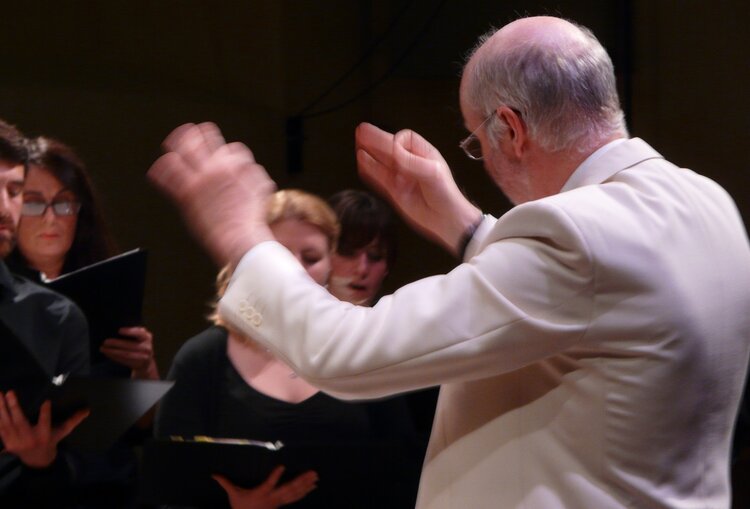
Late Music York, Robert Rice and William Vann, Unitarian Chapel, St Saviourgate, York, February 3
WALTER de la Mare’s Peacock Pie (1922) is a charming collection of rhymes that have an appeal for all ages, not least through their evocation of childhood.
This recital, featuring baritone Robert Rice and pianist William Vann, mainly paired settings from the anthology by Armstrong Gibbs and Howells with first performances of the same poems by living composers, many of whom were in the audience.
Before that, Rice announced himself with Finzi’s song-cycle in tribute to Vaughan Williams, Let Us Garlands Bring, celebrating the latter’s 70th birthday in 1942. He at once established his sense of line and a keen awareness of text, while Vann added some tasty colour, not least in the postlude to ‘Who Is Sylvia?’. The duo was notably effervescent in ‘It Was A Lover And His Lass’.
Thereafter we had no fewer than ten premieres by nine different composers. As a whole, they were encouragingly well crafted, and a handful also revealed real inspiration.
Robert Walker found an ingenious way to conjure scissors at work in The Barber’s, which Armstrong Gibbs had not done. Also in the Gibbs corner was Charlotte Marlow’s Old Shellover, nicely shaped with its opening repeated.
Liz Dilnot Johnson exploited piano extremes in Hide And Seek and David Lancaster used effective syncopation in With Lantern Bright, a setting of the original ‘Then’. William Rhys Meek daringly selected Miss T, already wittily set by both Gibbs and Howells, and still managed to add tonal variety.
Amongst the Howells settings, Hayley Jenkins neatly milked the absurdity of Alas, Alack! in both parts, but her piano was hyperactive in The Dunce. Phillip Cooke conjured an appealing vocal line in Full Moon.
At this point we had heard no fewer than 26 songs. But there were still six to come that had nothing to do with the rest of the evening.
Having successfully curated the programme, David Power rewarded himself with his own (translated) settings of René Char, three written as a student nearly 40 years ago and the same three poems re-cast in 2016. The early ones had little to offer, the later ones were much bolder and more confident. But their relevance here was tenuous and looked like self-indulgence.
Nonetheless Rice and Vann treated them with the same tireless respect as elsewhere, despite not enjoying any biographies of their own in the otherwise truly admirable printed programme.
Review by Martin Dreyer

